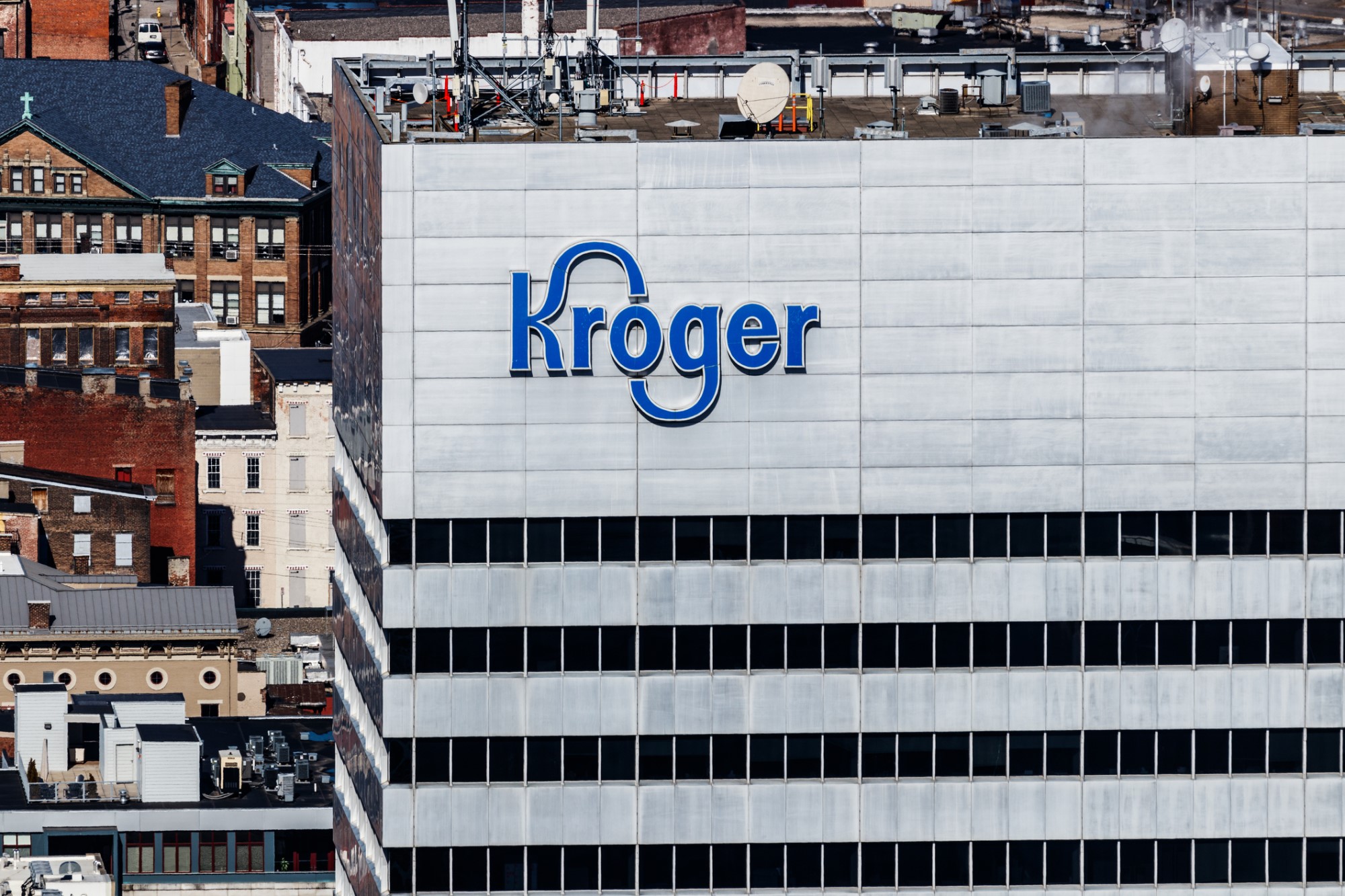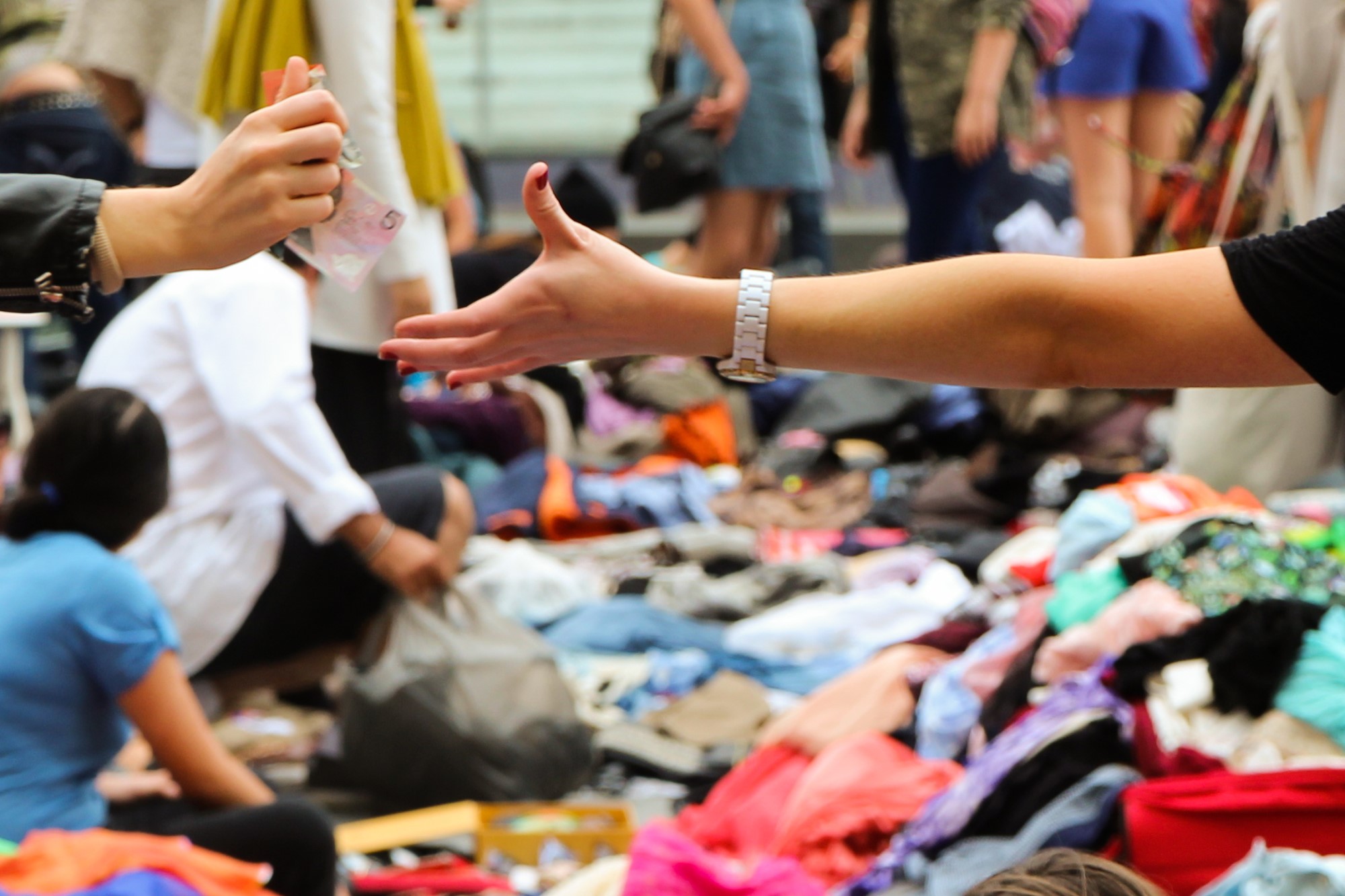Mental Health Stigma at Knott’s Berry Farm
Knott’s Berry Farm’s Halloween theme park, Scary Farm, has recently closed its Buena Park, California attraction, Fear VR, in response to criticism. The ride was originally called Fear VR 5150, the number corresponding to a California police code regarding involuntary detainment of individuals with mental disorders. The 5150 was dropped from the name before the ride’s opening in response to concerned mental health advocates in an attempt to create further distance between the supposed mental health connection. However, the original connection to code 5150 leads some to speculate that Knott’s Berry Farm did in fact intend a relationship between the ride and mental health, at least at first.
The ride featured a virtual reality where riders were strapped in wheelchair-like seats and admitted to a hospital overrun by a girl named Katie who is possessed by demons. Though many critics perceived the attraction as portraying fear surrounding a mental ward, a Knott’s representative explains “the virtual reality experience is actually built around paranormal, zombie-like activity in a medical hospital setting”.
Mental health advocates are not buying Knott’s Berry Farm’s defense, and believe Fear VR stigmatizes mental illness. “Knott’s Berry Farm is horrifying because it demonizes people with mental illness,” says Julia Robinson Shimizu in a letter to the editor in the Los Angeles Times. One of the major critics in this story is Ron Thomas, whose homeless and schizophrenic son was killed in a case of police brutality in 2011. Thomas visited the attraction for himself, but was unable to get in due to the lengthy line indicating the popularity among Knott’s visitors. After speaking with patrons exiting the ride, Thomas told the LA Times “it’s so insensitive”.
Ultimately, Knott’s decided to shut down Fear VR for this Halloween season, stating: “contrary to some traditional and social media accounts, the attraction’s story and presentation were never intended to portray mental illness. As it is impossible to address both concerns and misconceptions in the Halloween timeframe, at this time we have decided to close the attraction.” Many mental health advocates, including Thomas, were thrilled by this news, but others are still concerned by Knott’s continued denial of any connection between the ride and mental illness.
Considering the attraction’s popularity before its closure, Knott’s Berry Farms may be dealing with some disappointed fans. Many users are taking to the LA Times online comments section is express their anger. Multiple commenters in defense of Fear VR point out that, even though the setting virtual reality depicted a psychiatric institute, the girl named Katie was actually terrorizing the hospital as a result of paranormal possession, not mental illness. A comment by jthegoblinking reads, “So… because it’s set in a psychiatric hospital it’s “Offensive” to the mentally ill? The character isn’t crazy, they’re demonically possessed.” Another user, Bill in the Desert writes, “My sister suffered from serious mental illness. And, I would never have imagined that this theme park attraction demeaned mental illness.”
Disappointed Scary Farm fan, Jennifer Ailey of Inglewood, CA took to a change.org petition aimed at the park’s to executives (Matt Ouimet and Jon Storbeck) in support of reopening Fear VR. According to Ailey, a psychology student, “the park has always been known to push the limits of horror and humor, and that is part of the tradition of theirs as well as with Halloween in general” including past attractions like Uncle Ernie’s MadHouse and Lockdown- the Asylum, which were not shut down. Along with disappointing many fans- almost 5,000 according to the petition- the closure of Fear VR has also caused the company to lose money and many employees to lose their jobs working at the attraction.
Since Fear VR has already been closed and does not appear to be reopening at this point, one would expect the controversy surrounding the ride would slow down. There is still debate about whether or not Knott’s intended to create a ride based on mental illness, or something more paranormal. This scandal has also sparked concerns about the stigma surrounding mental illness. Is it unfair to individuals suffering from mental illnesses to fetishize their suffering? Should mental illness be seen as something scary? While the closure of Fear VR may appease those concerned about mental health awareness, many avid Knott’s fans and employees are left reeling at the loss of the attraction.





